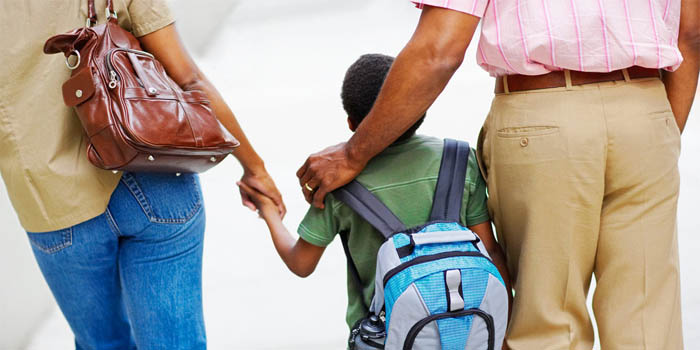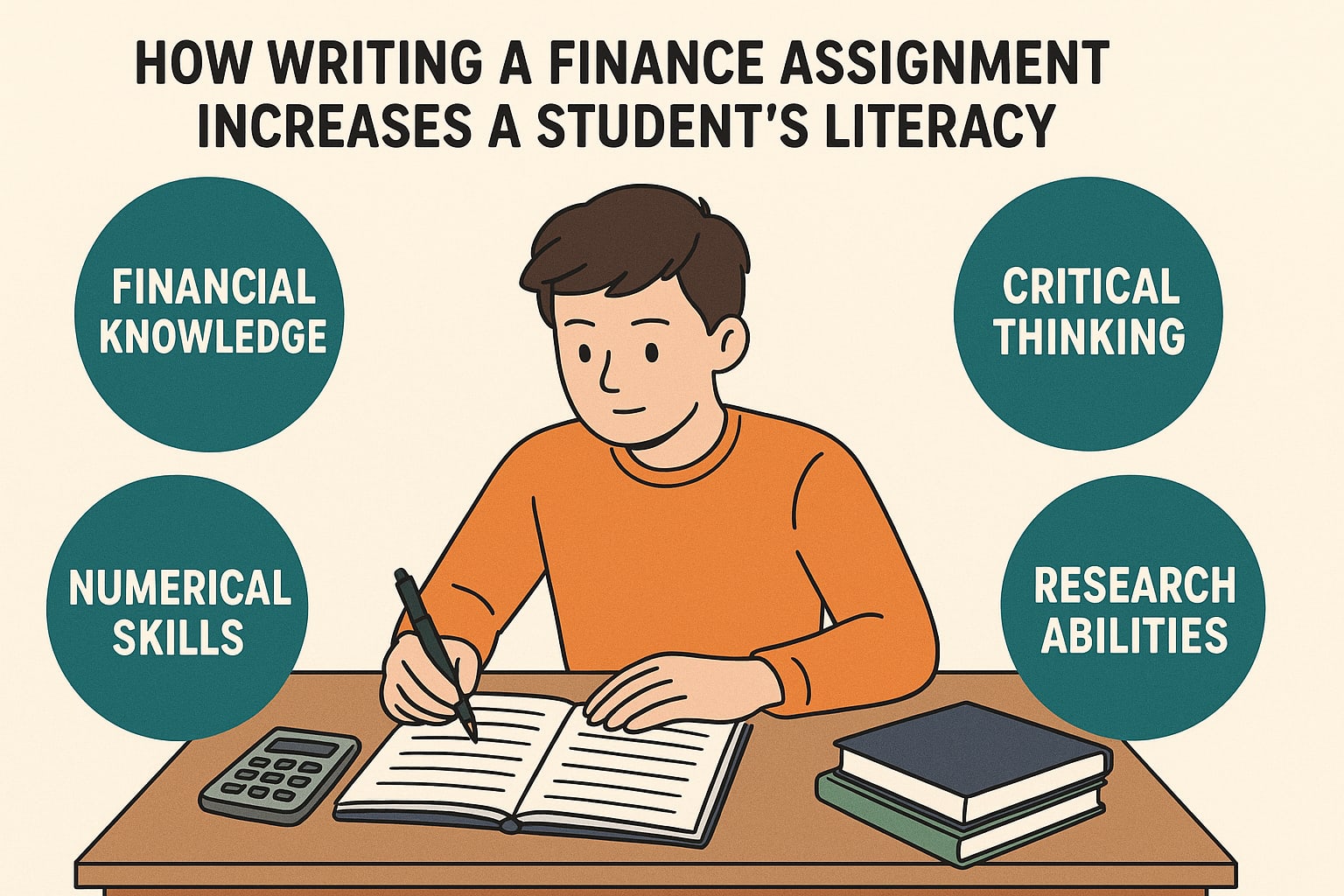Now that your baby is all grown up and ready to go to school, you can’t help but feel an equal measure of excitement and dread.
On one hand, he is ticking off another milestone from a long list of achievements in his early life. And on the other hand, you find yourself shedding a tear knowing that the time of spending entire days with him at home is nearing its end.
You also can’t stop worrying about how he’ll fare during his first day at his nursery class. As a parent, you would like your kid to succeed and avoid struggles, even on his first day of schooling.
But what exactly can you do as a doting parent?
Assessing his readiness for school
One mistake that many parents make when deciding whether it is time to send their children to school is to think that abilities like recognizing shapes, letters, and numbers are good indicators of a child’s readiness to start their early education. These are the same skills that are taught inside the classroom.
Instead of these skills, teachers look at a child’s emotional and social maturity. Reading, writing, and other related skills can be taught. Emotional and social maturity, on the other hand, are developed over time and cannot be fast-tracked.
The best person to determine your child’s readiness for preschool is someone who is trained in childhood development – his preschool nursery teacher.
What do teachers look for in order to ascertain a child’s readiness?
- Independence
- Ability to formulate their own ideas
- Ability to follow instructions
- Interest and interaction with other children
- Concentration
- Ability to recognize their own feelings
- Reaction to separation from a carer
Although social and emotional maturity cannot be rushed, there are a few things that you can do to prepare your child for school. These activities include reading, singing, playing with other kids, and taking frequent trips.
Preparing for success
If a teacher has determined that your child is indeed ready for school, here are a few things that you can do to help him (and yourself) get ready for his first day of class.
-
Make the classroom familiar
A few days or even weeks before his first class, it is a good idea to visit the school. This allows your child to become accustomed to the new environment as well as the activities he will participate in.
This is also an opportune time to meet his new teacher. On the first day of class, you can use this initial interaction to help your child ease into school life through the help of a familiar place.
-
Prepare days ahead
The experience of going to school is unfamiliar to both of you. Surely, you will ease into new routines quickly. But before things start humming at a comfortable pace, both of you will inevitably face a few stumbling blocks.
Give yourself (and your child) ample room to maneuver by preparing days ahead. Soon enough, you will find a comfortable groove where everything becomes automatic for you and your young one.
-
Watch (and manage) your energy
Children can be influenced by the energy their parents give off. If you are anxious, your little one will pick up on that and begin feeling the same way. But if you are calm and radiate positive energy, your child will feel more confident even while momentarily leaving your side, ready to explore new things.
Keep yourself relaxed on the way to school. It is better to arrive a few minutes early before the class starts. This helps you avoid feeling harassed and scrambling to get your kid into the classroom. This also gives you the opportunity to have a quick chat with the teacher. And when your child sees you having a conversation with the teacher, he gets the idea that it is all right for you to leave him there.
-
Know the proper way to say goodbye
Some parents think that sneaking out is the best way to leave their kids at school. However, that sends the message that you cannot be trusted.
Instead of sneaking out, tell him that you are leaving. Do not linger. A quick word with him and a goodbye wave will often suffice. And when you go, make it quick. Drawn-out goodbyes send a message to your child that you are hesitant to leave him at school, further compounding any anxiety that he might be feeling.
-
Plan for the worst
Some children ease into the classroom with a good sense of confidence. Others begin bawling even before their parents leave. Often, there is no real way to determine how your child will react once you say goodbye. The best thing that you can do is to prepare for the worst.
The most important thing to remember here is that crying and refusing to head to the classroom are normal, and are part and parcel of going to school.
Teachers are all too familiar with this scenario and are fully capable of handling this. Follow your child’s teacher’s lead. Most likely, the teacher will tell you to go. In most cases, kids stop crying a few minutes after their parents leave.
-
Arrive early to fetch him
Remember when your child’s class ends and arrive at school well ahead of time. To help your child ease his anxiety, he has to trust you. And that applies to getting back to him when you promise to. If he is the last one to leave and sees his peers leave with their parents, it can be difficult for you and him to make a seamless transition to school life.
Look beyond the first day
Your child may spend his first day at school without much fuss. Some children appear to be ready to start a new phase in their young lives.
However, there are some children who begin making a fuss after a few weeks after going to school. Often, this happens because the novelty of the new experience has worn off.
Do not worry. Just go back to this new routine you have created.
The first few days can be difficult for both you and your child. Take this as a challenge that both of you can easily overcome with the right preparation.
AUTHOR BIO : Alan Williamson is the Chief Education Officer at Kings’ Education, a premium school brand in Dubai which leads a fantastic group of premium UK curriculum schools, including Child’s Play Nursery. As well as being passionate about teaching and learning, Alan has been actively involved in school leadership related to Special Educational Needs.




